 FIREWORK & EYE SAFETY: WHAT YOU NEED TO KNOW
FIREWORK & EYE SAFETY: WHAT YOU NEED TO KNOW
Firework injuries cause over 10,000 visits to the emergency room each year, according to data from the U.S. Consumer Product Safety Commission. As families and communities make plans for a star-spangled Fourth of July, the Discovery Eye Foundation is shining a light on fireworks safety month.
Fireworks are dangerous, and the month around July 4th is the most dangerous time. According to the U.S. Consumer Product Safety Commission’s most recent annual fireworks injury report (PDF) fireworks caused eight deaths and nearly 13,000 injuries in 2017. Two-thirds of the fireworks injuries treated in emergency rooms happened between mid-June and mid-July.
Fireworks may be advertised like toys around the Fourth of July. You may think you know how to handle them safely. But playing with fireworks can blind you or your loved ones. Leave fireworks to the professionals.
The most recent Consumer Product Safety Commission report found that 14% of fireworks injuries involved eyes. In the most severe cases, fireworks can rupture the globe of the eye, cause chemical and thermal burns, corneal abrasions and retinal detachment — all of which can cause permanent eye damage and vision loss.
Children and young adults are frequent victims. Children age 15 and under accounted for 36% of the total injuries, according to the commission’s report. And half of the injuries requiring an emergency room visit were to people age 20 or younger.
 Even sparklers can be dangerous, as they burn at more than 2,000 degrees Fahrenheit. Sparklers were responsible for 1,200 of the injuries in the latest report, and a sparkler mishap caused one of the fireworks deaths reported in 2017.
Even sparklers can be dangerous, as they burn at more than 2,000 degrees Fahrenheit. Sparklers were responsible for 1,200 of the injuries in the latest report, and a sparkler mishap caused one of the fireworks deaths reported in 2017.
Fireworks Safety Tips
The best way to avoid a potentially blinding fireworks injury is by attending a professional, public fireworks show rather than purchasing fireworks for home use.
If you attend or live near a professional fireworks show:
- Respect safety barriers, follow all safety instructions and view fireworks from at least 500 feet away.
- Do not touch unexploded fireworks; instead, immediately contact local fire or police departments to help.
For those who decide to purchase and use fireworks, follow these safety tips:
- Do not allow young children to play with fireworks. Sparklers, a firework often considered by many to be the ideal “safe” device for the young, burn at very high temperatures and should be not be handled by young children. Children may not understand the danger involved with fireworks and may not act appropriately while using the devices or in case of emergency.
- Older children should be permitted to use fireworks only under close adult supervision.
- Do not allow any running or horseplay with the fireworks.
- Set off fireworks outdoors in a clear area, away from houses, dry leaves, or grass and other flammable materials.
- Keep a bucket of water nearby for emergencies and for pouring on fireworks that fail to ignite or explode.
- Do not try to relight or handle malfunctioning or “dud” fireworks. Soak them with water and throw them away.
- Be sure other people are out of range before lighting fireworks.
- Never light fireworks in a container, especially a glass or metal container.
- Keep unused fireworks away from firing areas.
- Store fireworks in a cool, dry place.
- Check instructions for special storage directions.
- Observe local laws.
- Never have any portion of your body directly over a firework while lighting.
- Do not experiment with homemade fireworks.
What to Do for a Fireworks Eye Injury
Fireworks-related eye injuries can combine blunt force trauma, heat burns and chemical exposure. If an eye injury from fireworks occurs, it should be considered a medical emergency.
- Do not rub the eye. Rubbing the eye may increase bleeding or make the injury worse.
- Do not attempt to rinse out the eye. This can be even more damaging than rubbing.
- Do not apply pressure to the eye itself. Apply a clean eye patch, hold or tape the bottom of a foam cup or the bottom of a juice carton over injured eye. Protecting the eye from further contact with any item, including the child’s hand, is the goal.
- Do not stop for pain medicine! Over-the-counter pain relievers will not do much to relieve pain. Aspirin (should never be given to children) and ibuprofen can thin the blood, increasing bleeding. Take the child to the emergency room at once – this is more important than stopping for a pain reliever.
- Do not apply ointment. Ointment, which may not be sterile, makes the area around the eye slippery and harder for the doctor to examine.
Keep Fireworks Fun
Unexpected injuries not only ruin celebrations, but they can also dramatically change lives. Keep fireworks fun by remembering these tips and being smart about how you use fireworks. Stay safe out there!
Real Firework Eye Injuries


 So make sure that you take a look – a real look at the people you love and realize the importance of what it means to see. At Discovery Eye, we are committed with your help to finding the answers that will allow people to enjoy the vision that makes every day and every anniversary worth living.
So make sure that you take a look – a real look at the people you love and realize the importance of what it means to see. At Discovery Eye, we are committed with your help to finding the answers that will allow people to enjoy the vision that makes every day and every anniversary worth living.  Tom Sullivan
Tom Sullivan
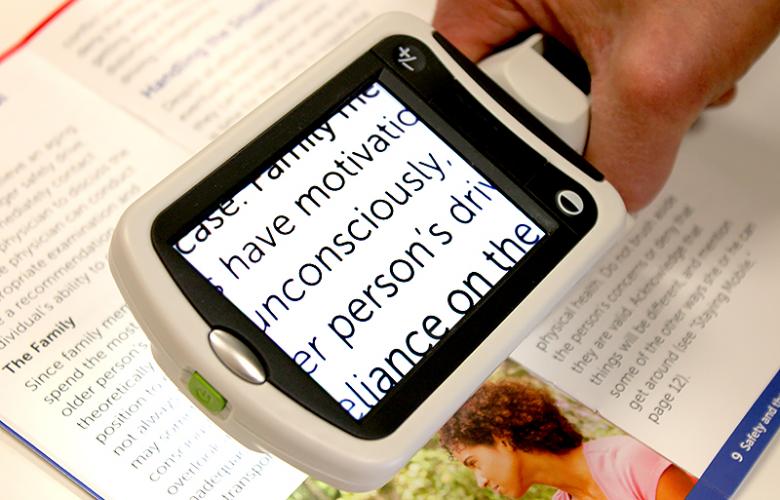 Portable magnifiers and lighted magnifiers- offer magnified reading on the go. Perfect for menus, shopping lists, label reading, and more, portable magnifiers can fit in your pocket, purse, or be worn on the belt for quick, easy use.
Portable magnifiers and lighted magnifiers- offer magnified reading on the go. Perfect for menus, shopping lists, label reading, and more, portable magnifiers can fit in your pocket, purse, or be worn on the belt for quick, easy use.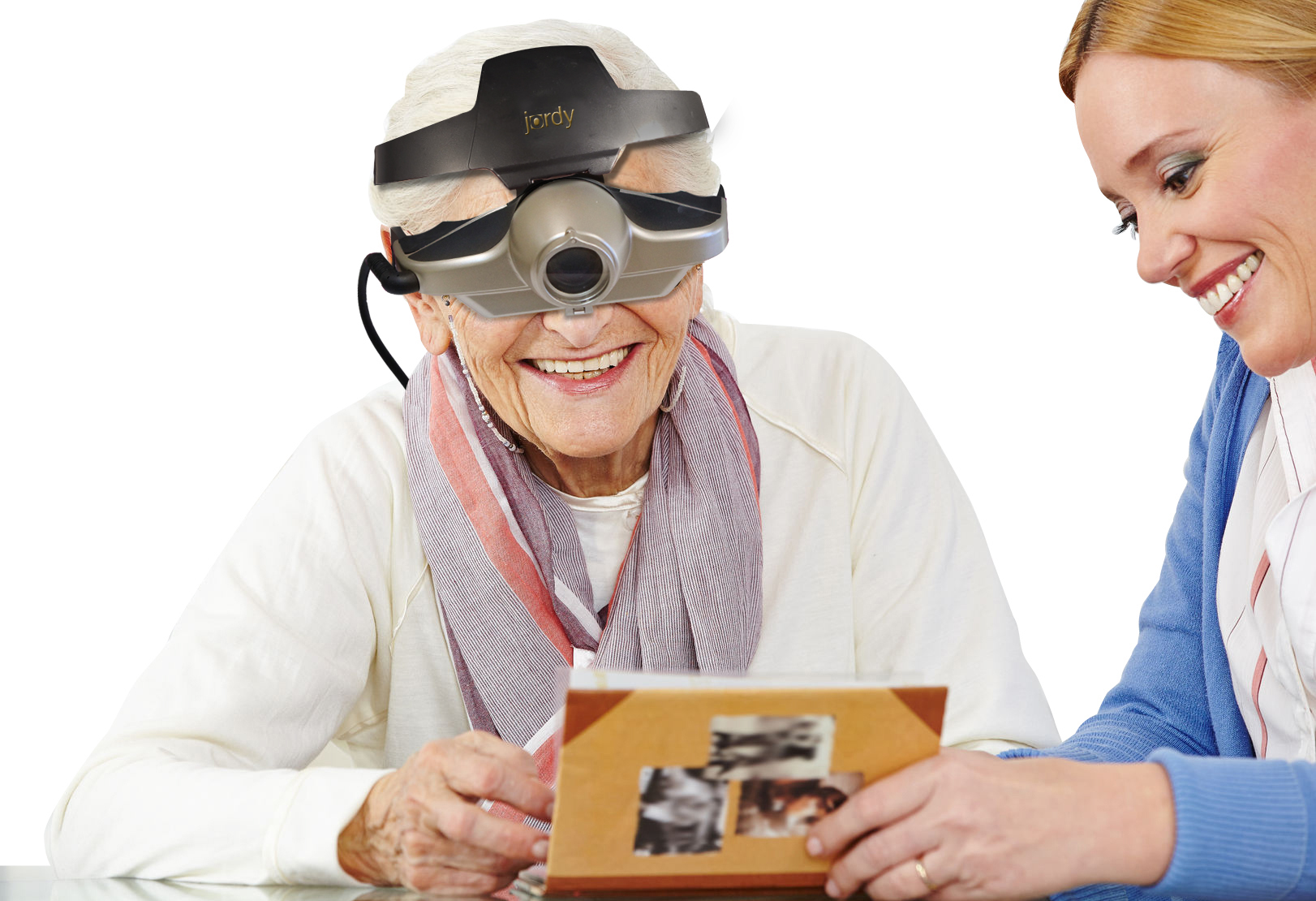 Wearable magnifiers – wearable technology is the future for those with low vision who live an active lifestyle. Wearable options make it possible to see and take part in everyday tasks, such as reading and recognizing faces.
Wearable magnifiers – wearable technology is the future for those with low vision who live an active lifestyle. Wearable options make it possible to see and take part in everyday tasks, such as reading and recognizing faces.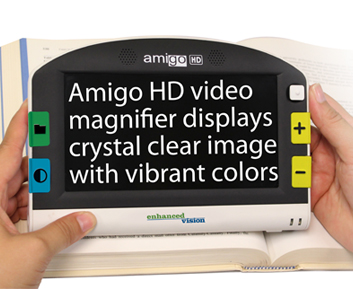 Transportable magnification screens– are perfect for close up viewing as well as distance viewing. These great viewers offer great flexibility, from watching TV to using the mirror image feature for self-viewing. There are APPS for smart phones that can be used to magnify reading material.
Transportable magnification screens– are perfect for close up viewing as well as distance viewing. These great viewers offer great flexibility, from watching TV to using the mirror image feature for self-viewing. There are APPS for smart phones that can be used to magnify reading material.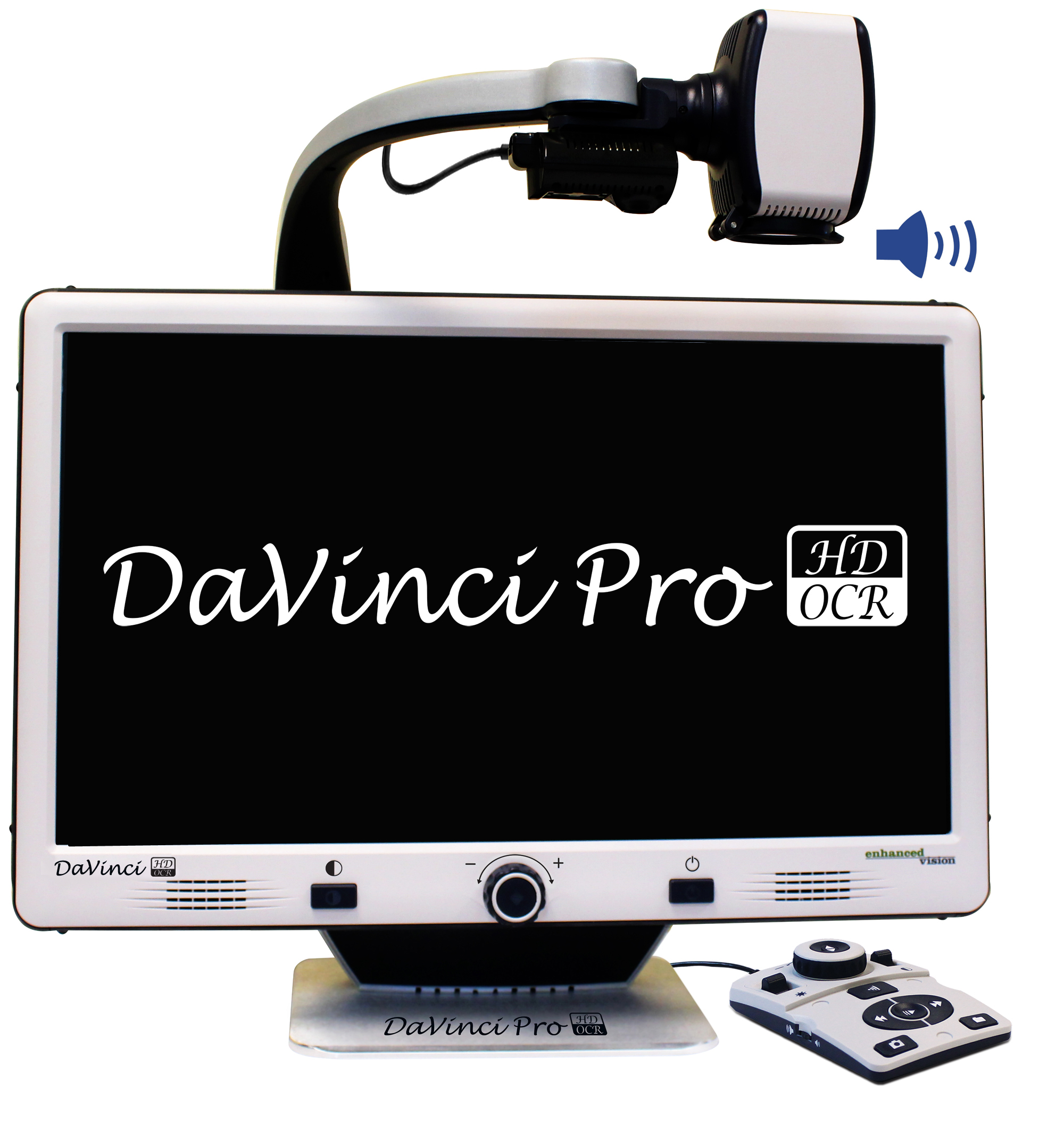 Desktop devices for reading books, bills or letters – these have large, bright screens. A reading table offers visual aid for reading books, optional computer connectivity and more. This family of portable magnification units offers up to 75x magnification.
Desktop devices for reading books, bills or letters – these have large, bright screens. A reading table offers visual aid for reading books, optional computer connectivity and more. This family of portable magnification units offers up to 75x magnification.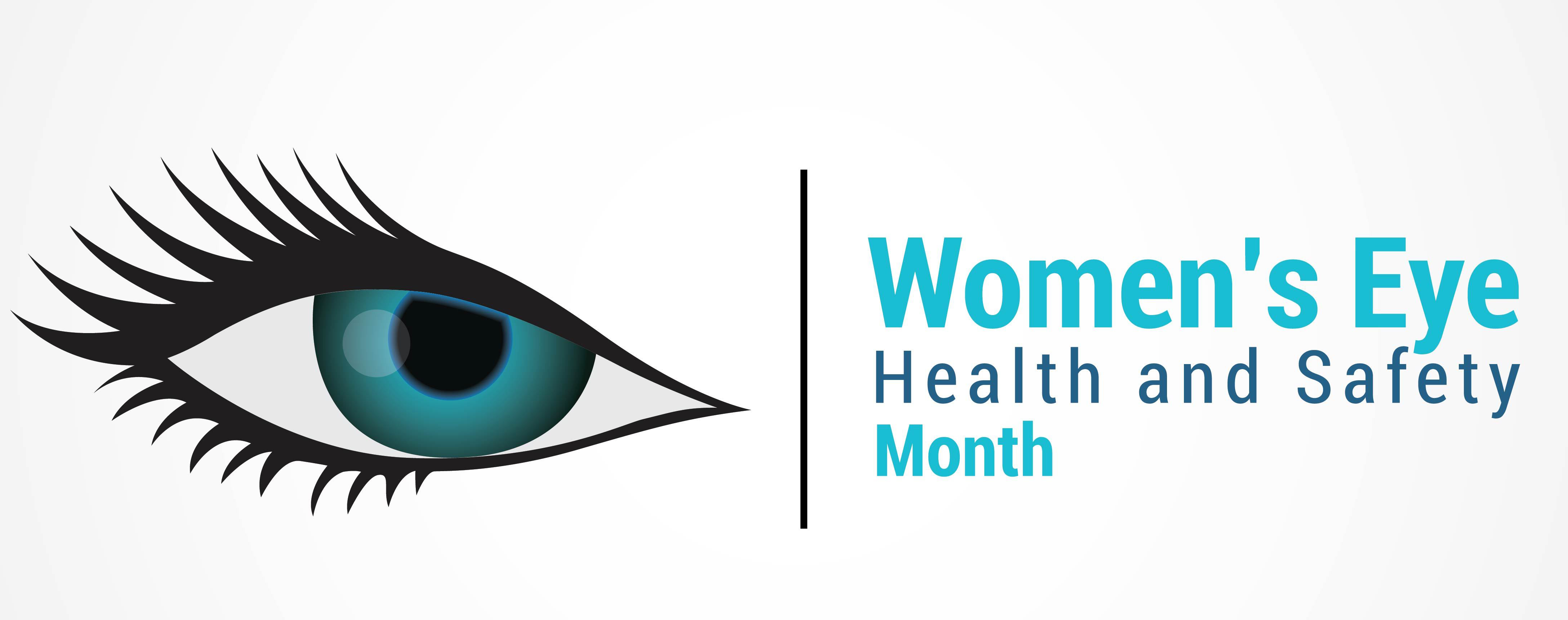
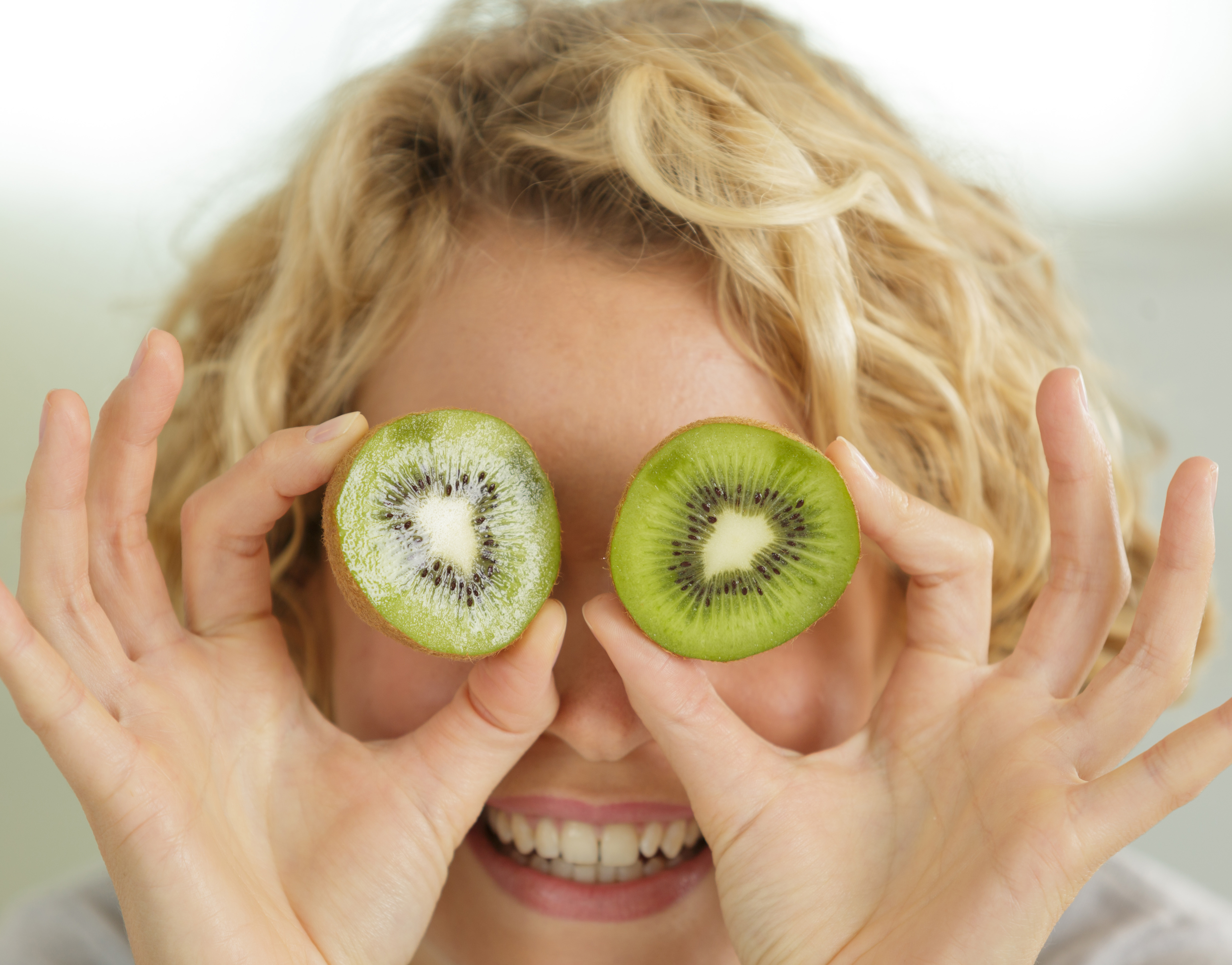 Good nutrition is important to keep your eyes healthy. Researchers have linked two very important eye nutrients that play a key role in healthy vision. Lutein (LOO-teen) and Zeaxanthin (zee-ah-ZAN-thin), both are potent antioxidants and are best known for protecting your eyes and may reduce your risk for
Good nutrition is important to keep your eyes healthy. Researchers have linked two very important eye nutrients that play a key role in healthy vision. Lutein (LOO-teen) and Zeaxanthin (zee-ah-ZAN-thin), both are potent antioxidants and are best known for protecting your eyes and may reduce your risk for 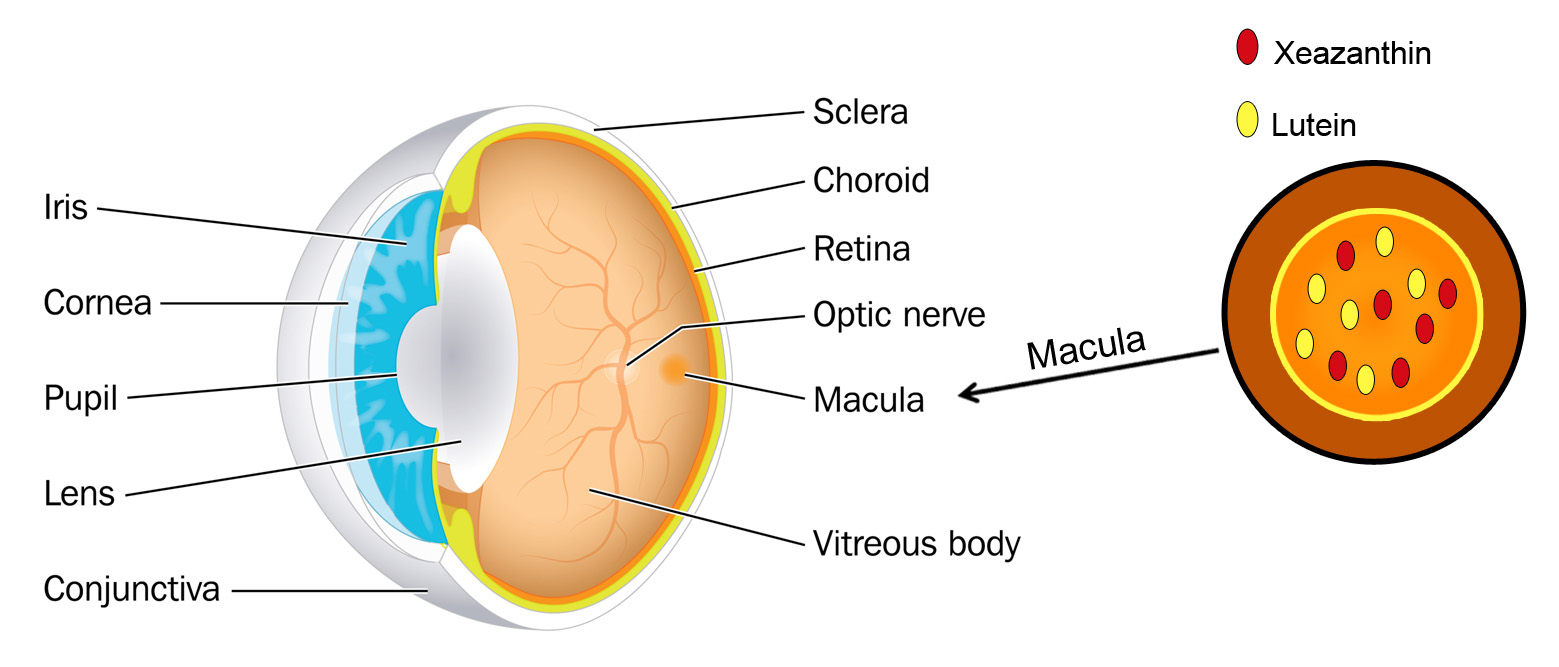
 Diets rich in these two nutrients may help hold off age-related eye diseases. The best natural food sources of lutein and zeaxanthin are green leafy vegetables and other green or yellow vegetables. Among these, cooked kale and cooked spinach top the list.
Diets rich in these two nutrients may help hold off age-related eye diseases. The best natural food sources of lutein and zeaxanthin are green leafy vegetables and other green or yellow vegetables. Among these, cooked kale and cooked spinach top the list.

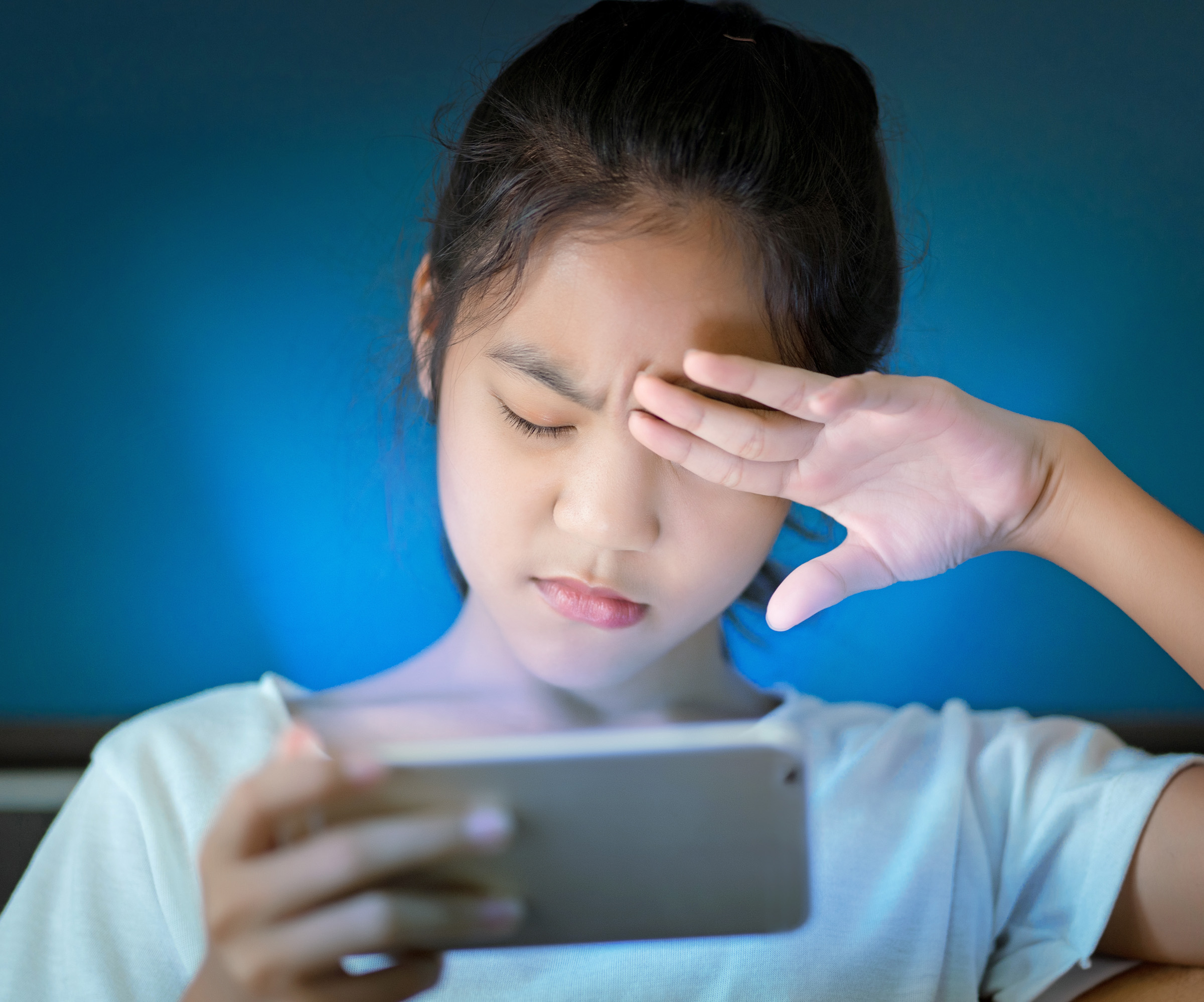
 Tom Sullivan
Tom Sullivan

 Lauren Hauptman
Lauren Hauptman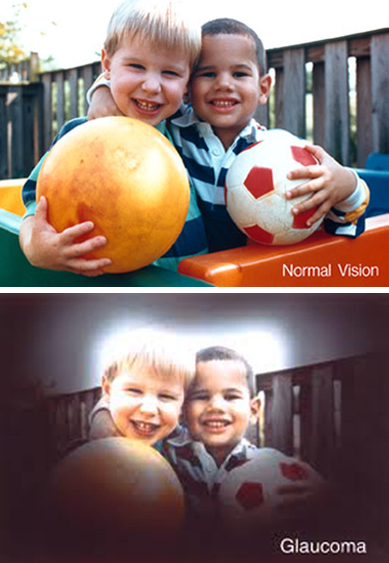
 Harsh weather conditions can reduce the natural moisture in your eyes and the irritation usually results in a burning or itching sensation that often leads to rubbing or scratching your eyes which can worsen the symptoms. Sometimes it feels like there is a foreign object in your eye and for some, dry eyes can even cause excessive tearing, as your eyes try to overcompensate for their lack of protective tears. Prolonged, untreated dry eyes can lead to blurred vision as well. Between the harsh winter winds outside and the dry heat radiating inside, our eyes are very quickly irritated and dried in the winter months. The result is itchy, dry eyes that may cause pain, blurred vision, a burning sensation, or even watery vision as our eyes try to compensate for the dryness.
Harsh weather conditions can reduce the natural moisture in your eyes and the irritation usually results in a burning or itching sensation that often leads to rubbing or scratching your eyes which can worsen the symptoms. Sometimes it feels like there is a foreign object in your eye and for some, dry eyes can even cause excessive tearing, as your eyes try to overcompensate for their lack of protective tears. Prolonged, untreated dry eyes can lead to blurred vision as well. Between the harsh winter winds outside and the dry heat radiating inside, our eyes are very quickly irritated and dried in the winter months. The result is itchy, dry eyes that may cause pain, blurred vision, a burning sensation, or even watery vision as our eyes try to compensate for the dryness.